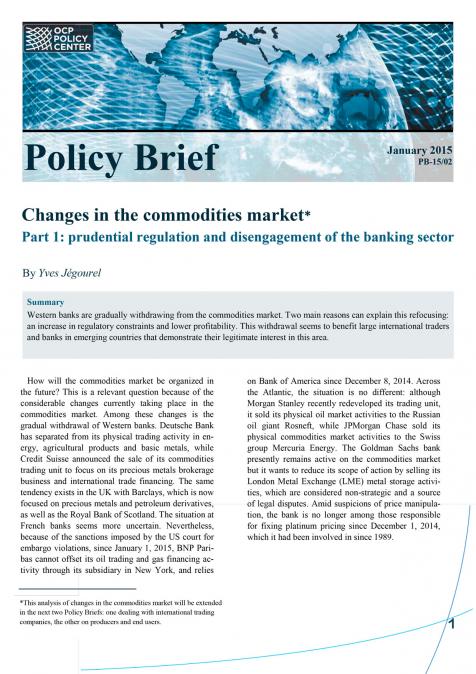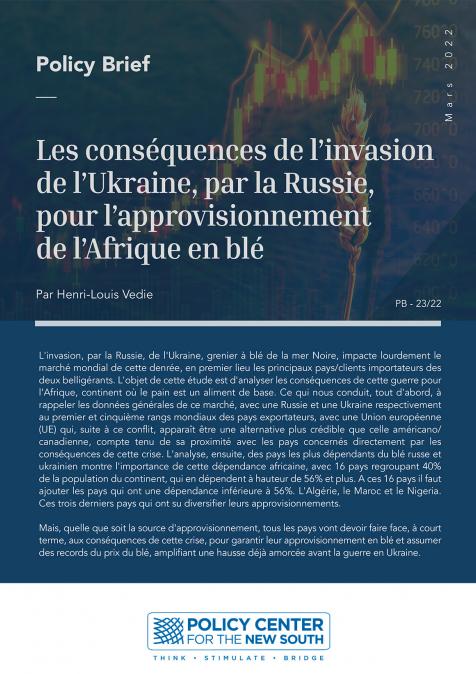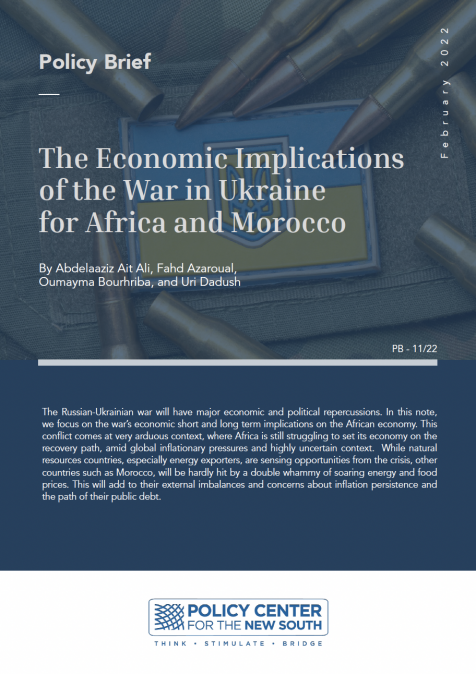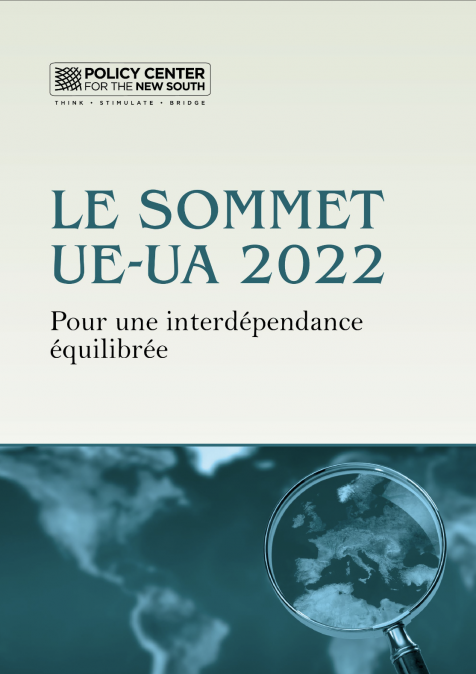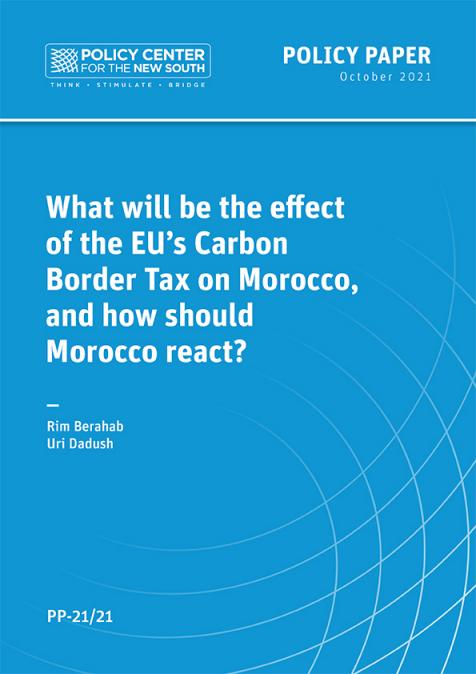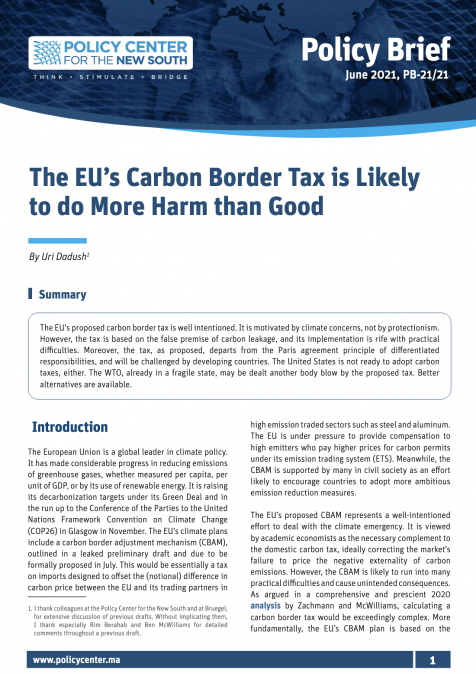Publications /
Policy Brief
Policy Brief
Changes in the commodities market - Part 1: prudential regulation and disengagement of the banking sector
January 21, 2015
Western banks are gradually withdrawing from the commodities market. Two main reasons can explain this refocusing: an increase in regulatory constraints and lower profitability. This withdrawal seems to benefit large international traders and banks in emerging countries that demonstrate their legitimate interest in this area.

